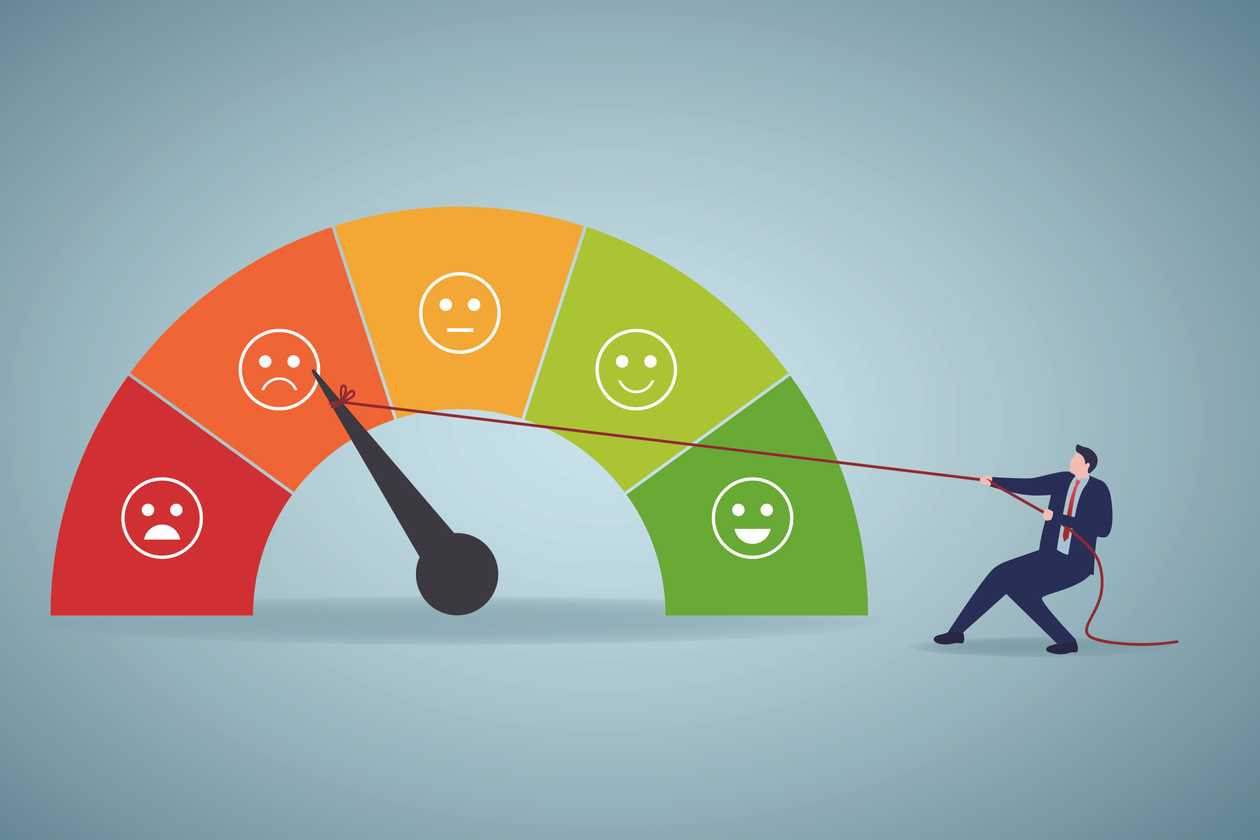
Credit scores are crucial for your financial life, much like batteries are for your fire alarm. The majority of the time, you don’t need batteries, and you don’t actively use your credit score. However, when you need them, you need them urgently.
Your credit score can fluctuate from time to time. It’s not unusual for it to decrease by 10 points and rise by the same amount two months later. However, if you’ve noticed a steady decline, you should take your credit score more seriously.
Lenders use credit scores to evaluate if you’re a trustworthy candidate for a loan. A high score indicates that you’re more likely to repay them. Landlords may check credit scores as part of your home application; some jobs even include credit score checks in the interview process. A consistently high score will make your financial life more manageable.
If you have something urgent coming up that requires a higher credit score, here are four ways you can improve it in a month.
1. Correct Any Errors on Your Credit Report
Correcting any errors on your credit report is an effective way to raise your credit score in just one month. Credit reports are issued by the three major credit bureaus, namely TransUnion, Equifax, and Experian. You can use Experian Boost to improve your credit score quickly. You can read our review of this service here.
Your credit report is a record of all the credit accounts you’ve opened, such as student loans, credit cards, and auto loans. Late payments, accounts sent to collections, charge offs, foreclosures, and bankruptcies are examples of negative events that can appear on your credit report and hurt your score.
Your past addresses and names will also be listed on your credit report. If you got married and changed your name, accounts under both names will be listed.
You are entitled to one free report per year from each credit reporting agency. Requesting a credit report will allow you to review it for errors. If you find an error, such as a bankruptcy listed that did not happen to you, you can have it removed. If there is an error in the name on the account, you can have it corrected.
Removing errors can help increase your score, and it can be done online or over the phone. Errors are usually removed within a few days, allowing you to improve your score quickly.
2. Request a Higher Credit Limit
Requesting a higher credit limit can help improve your credit score in one specific way: it can lower your credit utilization ratio. Your credit utilization ratio is the amount of credit you use each month compared to the amount of credit available to you.
For example, if you have two credit cards with a $7,000 limit each, your total credit limit is $14,000. If you use up to $14,000 in credit, your utilization ratio is 100%. However, if you spend only $7,000 per month, your utilization ratio is 50%.
Ideally, your credit utilization ratio should be between 10% and 30%. Using too much credit is a red flag to credit bureaus, as it suggests that you don’t have enough income to support your spending. Using too little credit tells the bureaus that you don’t need credit.
Requesting a higher credit limit can help bring your utilization ratio down to the 10-30% range, which can help raise your credit score.
3. Avoid Applying for New Credit
Your credit score takes a hit every time you apply for a new credit card or loan. If you’ve recently applied for multiple lines of credit, taking a break can lead to a significant improvement in your score. Lenders want to know that you can make payments without relying on credit, so each time you ask for more, your score suffers. Going a month or more without any credit inquiries can result in a small boost to your score, which could be enough to help you cross a credit threshold. For example, if you’re currently at 710, which is below the threshold for “excellent” credit at 720, avoiding new credit applications for just a month could be enough to get you to the other side.
4. Boost Your Score with Experian Boost
As one of the three major credit bureaus in the U.S., Experian issues credit reports and assigns credit scores. The bureau offers a free service called Experian Boost, which uses your utility and phone bill history to help boost your score. However, it’s important to note that Experian Boost may not work for other credit bureaus beyond Experian, and it may not make a significant impact on your score if you have negative marks on your report. That being said, it can be a helpful tool if you have a limited or no credit history.
You can learn more about Experian Boost from our review of this service.
Summary
Maintaining a high credit score requires that you pay attention to your overall financial health and spending habits. Daily actions like tracking your credit score with services such as myFICO and regularly checking your credit reports can help you stay on top of your credit health. By following these tips, you can hopefully keep your score on an upward trajectory.
